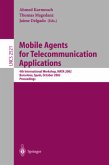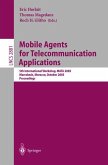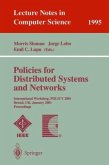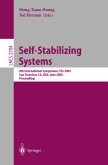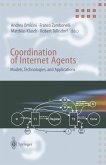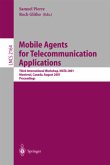ThisvolumecontainstheproceedingsoftheSecondInternationalSymposium on Agent Systems and Applications and the Fourth International Symposium onMobile Agents.ASA/MA 2000tookplacein Zurich,Switzerland,atthe ETH (the Swiss Federal Institute of Technology) on September 13 15, 2000. In the age of information overload, agents have become an important p- gramming paradigm. Agents can act on behalf of users to collect, ?lter, and process information. They can act autonomously and react to changing en- ronments. Agents are deployed in di?erent settings, such as industrial control, Internet searching, personal assistance, network management, games, and many others. In our increasingly networked world, mobile code is another important p- grammingparadigm.Indistributed applicationsmobile code can improvespeed, ?exibility,structure,security,orthe ability to handle disconnection.Mobile code has been applied to mobile computing, wireless networks, active networks, m- ufacturing,networkmanagement,resourcediscovery,softwaredisseminationand con?guration, and many other situations. Mobile agents combine the features of agents and mobile-code technologies, and present their own set of challenges. Their use is increasingly explored by an expanding industry.
Bitte wählen Sie Ihr Anliegen aus.
Rechnungen
Retourenschein anfordern
Bestellstatus
Storno




